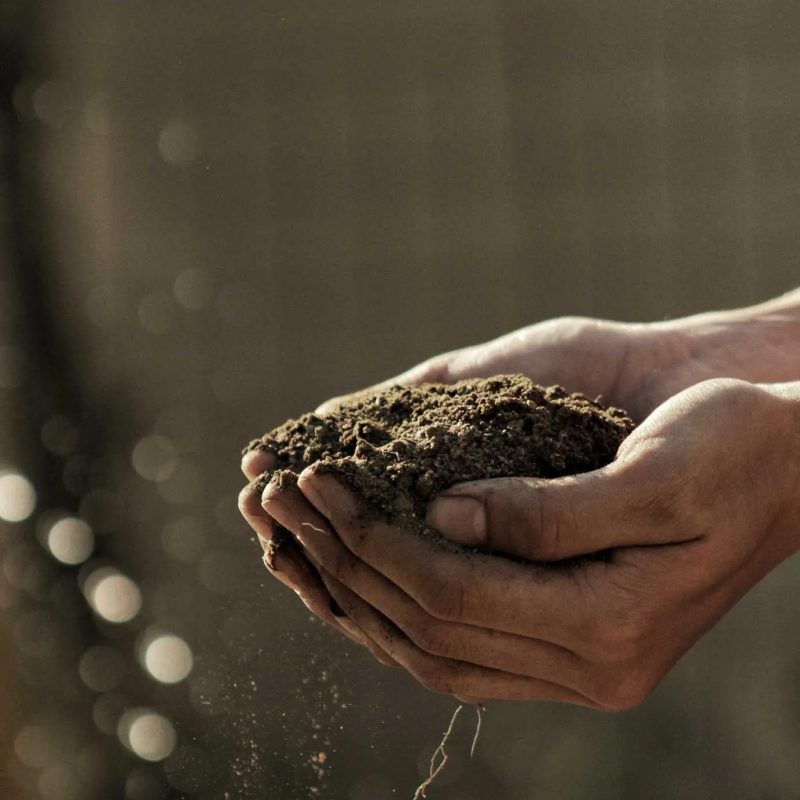

As part of this sustainable development approach, the vineyard introduced a new farming practice – biodynamic agroforestry under plant cover. A hundred or so trees have been planted, around and within a plot of Melon B, on the Moulin du Pé hill in Le Loroux-Bottereau.
Since 2020, Vignoble Marchais has been working to rethink its methods, with support from winemaker Benoit Landron from Domaine Landron Chartier, and the biodynamic winegrowing community.
Its goal is to go fully organic. To help achieve this, sheep have gradually been introduced in the vineyard in Thouaré-sur-Loire. And in 2024, the Muscadet du Grand Clos du Moulin du Pé will be certified organic.


